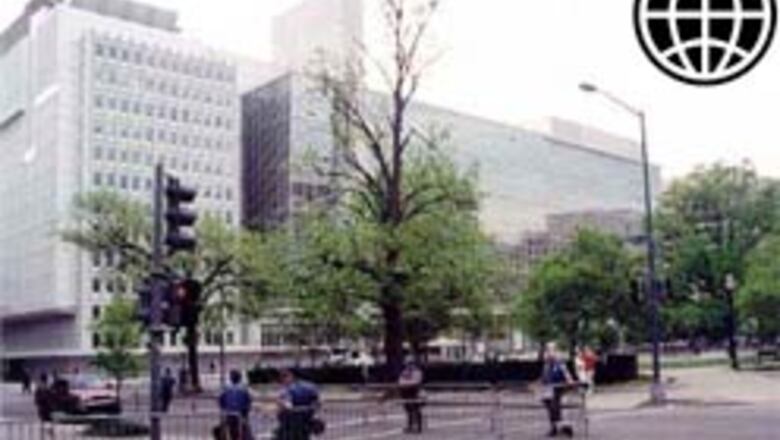
views
New Delhi: British medical journal Lancet has accused the World Bank of fudging figures and pumping obsolete medicines into its malaria programme in India and other Third World countries.
The World Bank's success in the malaria fight in India has come under the scanner with the world's most respected medical journal hinting that bank has been fudging figures and exaggerating the success of the programmes in many Third World countries.
In Delhi, experts say the Bank doesn’t have a systematic approach and yet it tries and puts systems in place. So it is not surprising that it has come out with another poorly-researched report on the malaria programme.
The World Bank claimed that between 1997 and 2002, malaria declined dramatically in states where the bank ran its booster programme. In Maharashtra, it came down by 93 per cent, in Gujarat by 80 per cent and in Rajasthan by 40 per cent.
The Indian Government's figures on malaria tell a different story. In Maharashtra, malaria came down by 77 per cent, in Gujarat by 48 per cent and in Rajasthan by 74 per cent.
In spite of all the shortcomings, the Indian Government seems to have no objection in allowing the programme to continue. In fact, its silence on the issued is at times worrisome.
The World Bank admits that a lot needs to be done in its data collection methods.
"Our data is not perfect. We are working to improve it. We are not accusing Lancet of lying, we are saying the charges are misleading," World Bank specialist Supratik Basu said.
By allegedly throwing good money down the drain in buying obsolete medicines, the World Bank has not helped any one.
A more serious charge raised in the Lancet report is that the bank approved the purchase of over a 100 million tablets of chloroquine worth over $1.8 million. This flies in the face of expert advice. What is more, its own findings have suggested that chloroquine doesn't always work against the deadly plasmodium falciparum malaria.
"If you give chloroquine where it is resistant, your death rate due to fever will be very high," says Imrana Qadeer, a malaria expert.



















Comments
0 comment